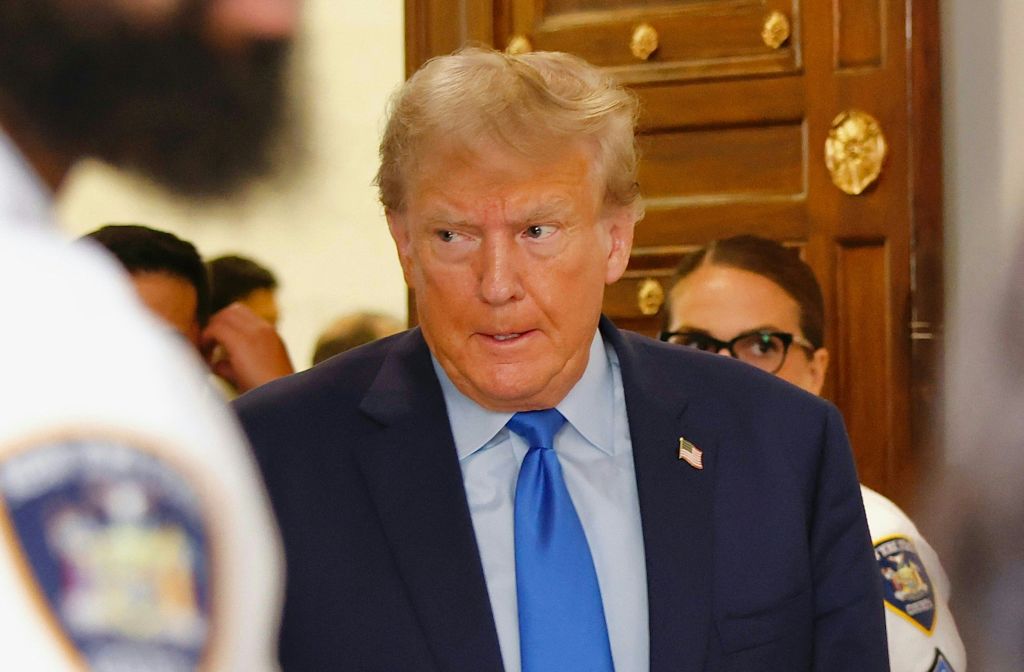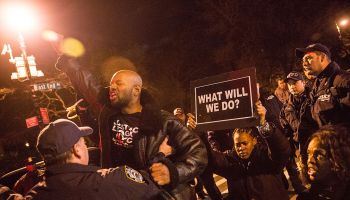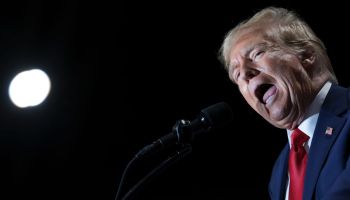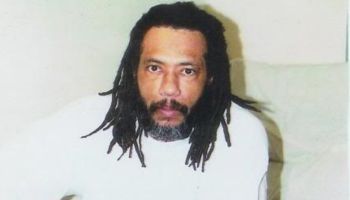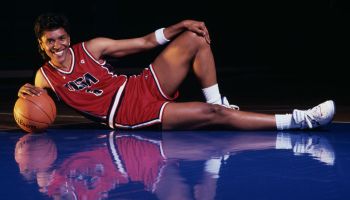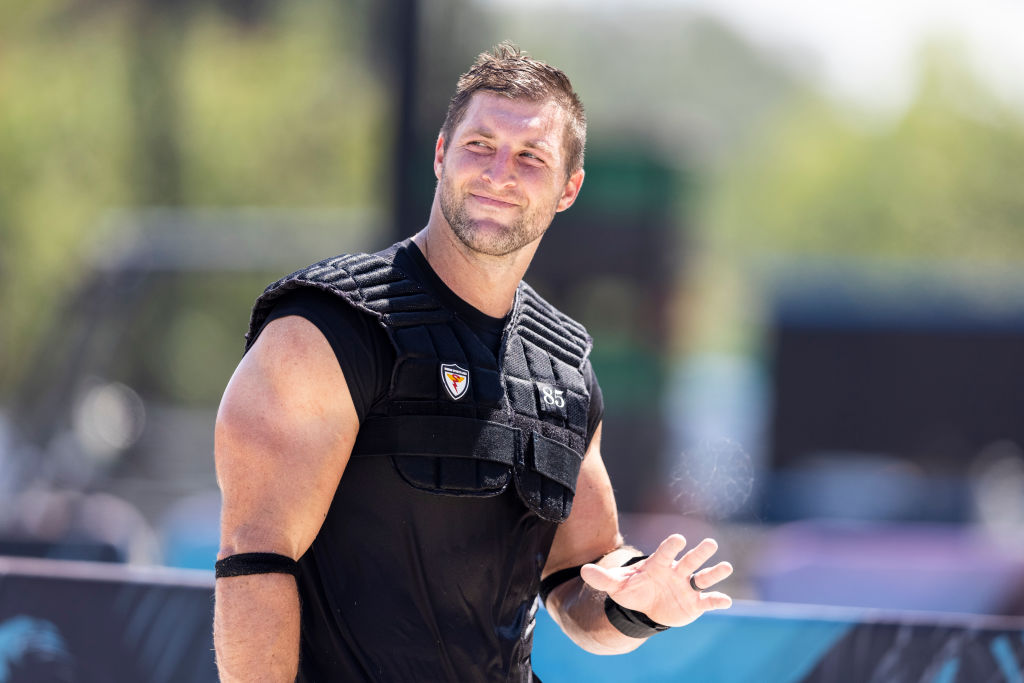
Tim Tebow waves to fans after Training Camp at TIAA Bank Field on July 30, 2021, in Jacksonville, Florida. | Source: James Gilbert / Getty
Tim Tebow is “thankful.” He is also “grateful.”
And why wouldn’t he be? The free-agent professional football player who has repeatedly underwhelmed in the NFL was still given a second (and third and fourth) chance to try to play in a league that has refused to extend the same kind of invitation to fellow free-agent Colin Kaepernick, who has been all but blacklisted for the violation of kneeling during the playing of the national anthem.
On Tuesday, it was reported that the Jacksonville Jaguars cut Tebow — who has also kneeled — just before the regular season begins, the third time he’s been cut from an NFL team in such a fashion.
Tebow, who just turned 34 over the weekend, said he had no regrets.
“Thankful for the highs and even the lows, the opportunities, and the setbacks,” Tebow, who is white, tweeted shortly after news broke that he had been cut, again. “I’ve never wanted to make decisions out of fear of failure and I’m grateful for the chance to have pursued a dream…”
Those same “opportunities” and “chance to have pursued a dream” that Tebow longingly referenced have been decidedly denied to Kaepernick, who is Black, turns 34 in November and is widely regarded as a better and more accomplished pro football player.
Tebow, a career quarterback, was even given a chance to play out of his position at tight end — which he had never played before on any level of competition — underscoring the nature of NFL teams’ collective refusal to give Kaepernick another look.
To further illustrate the disparity in treatment, Tebow hasn’t competed in an NFL regular-season game since the 2012 season — four years longer than when Kaepernick last played.
Back when Tebow announced his contract with the Jaguars in May, one critic referred to the entire scenario as “white privilege NFL style.”
Stats be damned, Tebow — a Heisman-winning quarterback whose success in college translated to him playing in a total of 35 regular-season games and one playoff game over the course of three whole NFL seasons — is an icon in pop culture, notably because of his expressed Christian faith.
Mainstream media has long fawned over his physical features and celebrated him regardless of his professional failures, like the NFL and a brief, unsuccessful stint playing minor league baseball. Tebow has been rewarded for these failures time and time again, including starring in TV ads, a book deal to write his autobiography, being the subject of multiple documentaries, getting lucrative endorsement deals, appearing on a reality TV contest show and becoming a college football analyst for ESPN.
The most notable contrast, though, between Tebow and Kaepernick is actually something they have in common: their demonstrative kneeling. Tebow was celebrated for his kneeling, which became a cultural trend known as “Tebowing” as people mimicked the quarterback’s moment of prayer on the sideline.
But when Kaepernick kneeled as a way to bring attention to the scourge of police violence against Black and brown people, he was sidelined as a player before being banished from the league as franchises colluded to keep him out of the NFL. There was no “Kaepernicking,” only the admonishment from the NFL against his silent protest for social justice.
It is in that context that Tebow is “thankful” and grateful” for “the opportunities” and “chance to have pursued a dream” — privileges that have not been extended to Kaepernick for political and not athletic reasons.
To date, the NFL maintains that Kaepernick was not blacklisted from the league. Analysts have said Kaepernick is just not good enough to return. But if Kaepernick isn’t good enough, and since Kaepernick’s NFL statistics are far superior to Tebow’s, why hasn’t Kaepernick also been given the same “opportunities” that Tebow for which Tebow is so thankful?
It’s a question with an answer that is both elusive and obvious as the nation continues along with its purported racial reckoning.
SEE ALSO:
Snoop Dogg Says NFL Not Having A Black Team Owner Shows That ‘We Still The Slaves’
‘White Privilege NFL Style’: Tim Tebow’s Return To Football Before Colin Kaepernick Sparks Outrage
